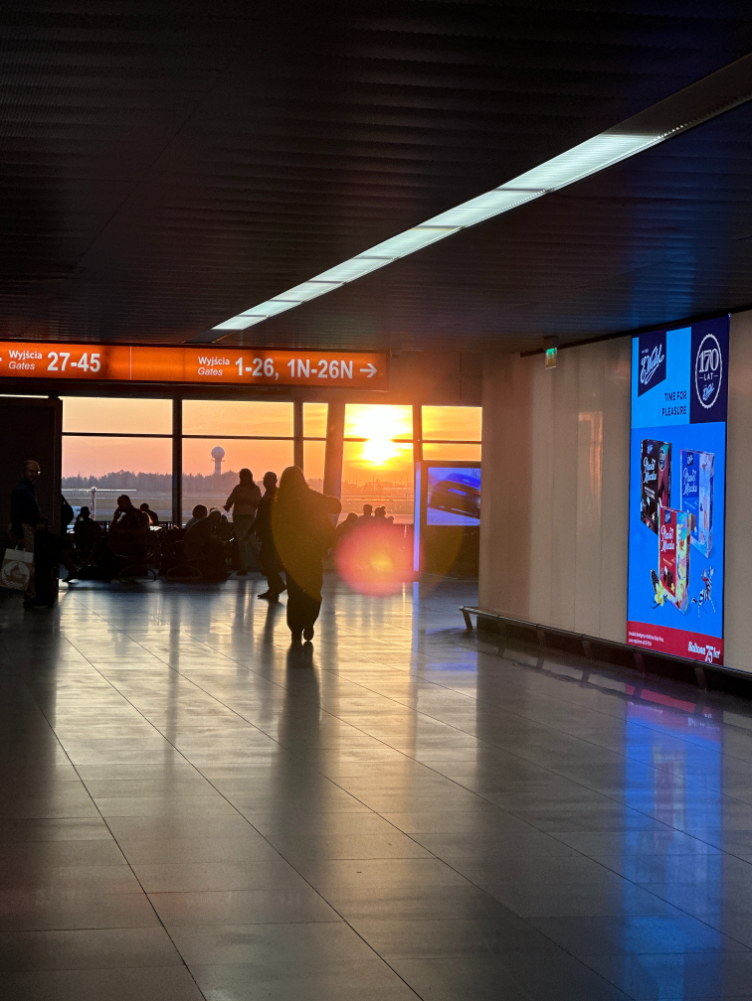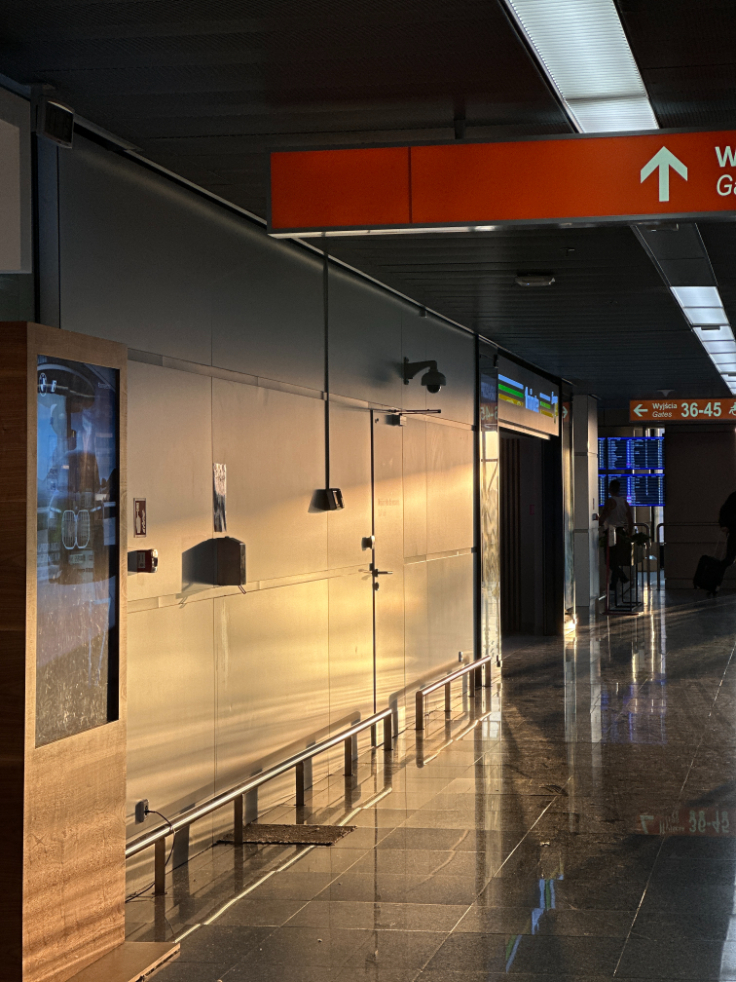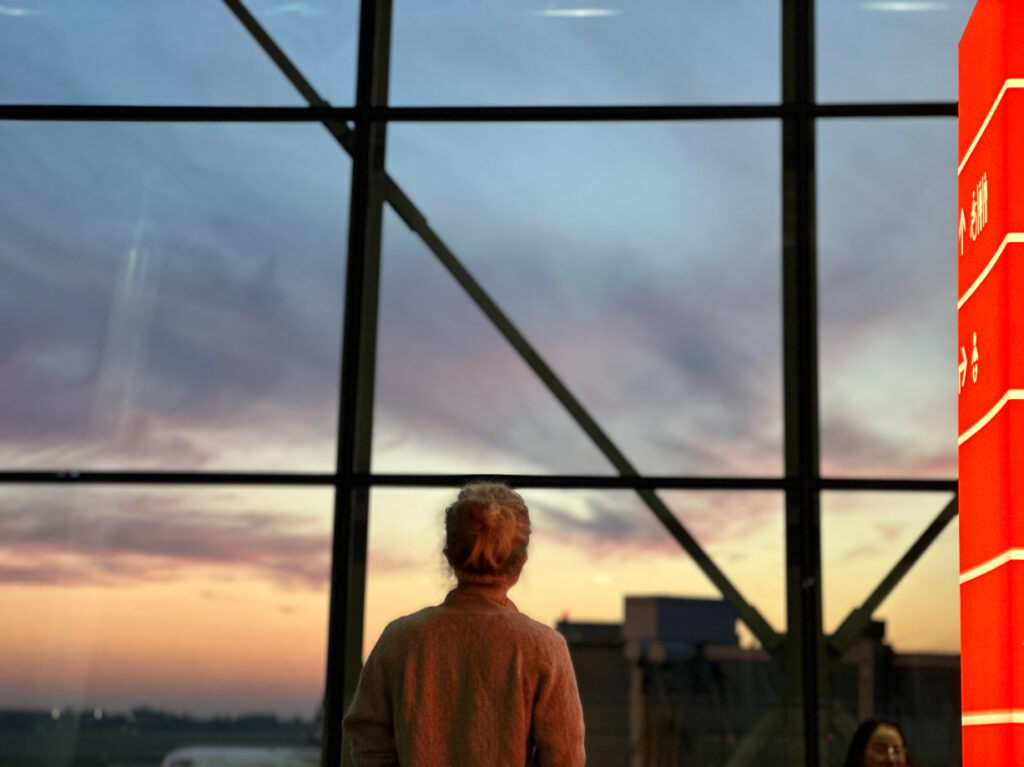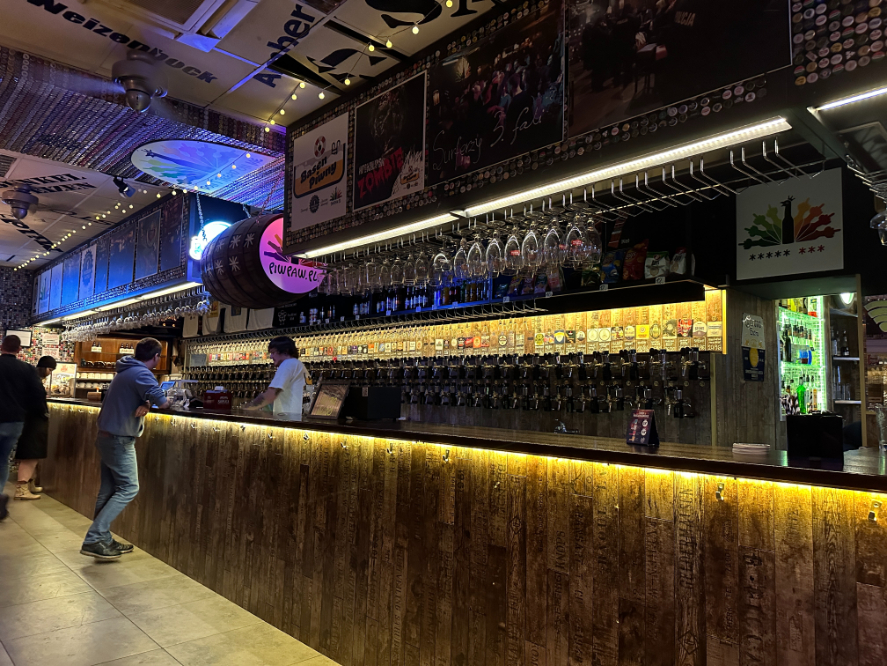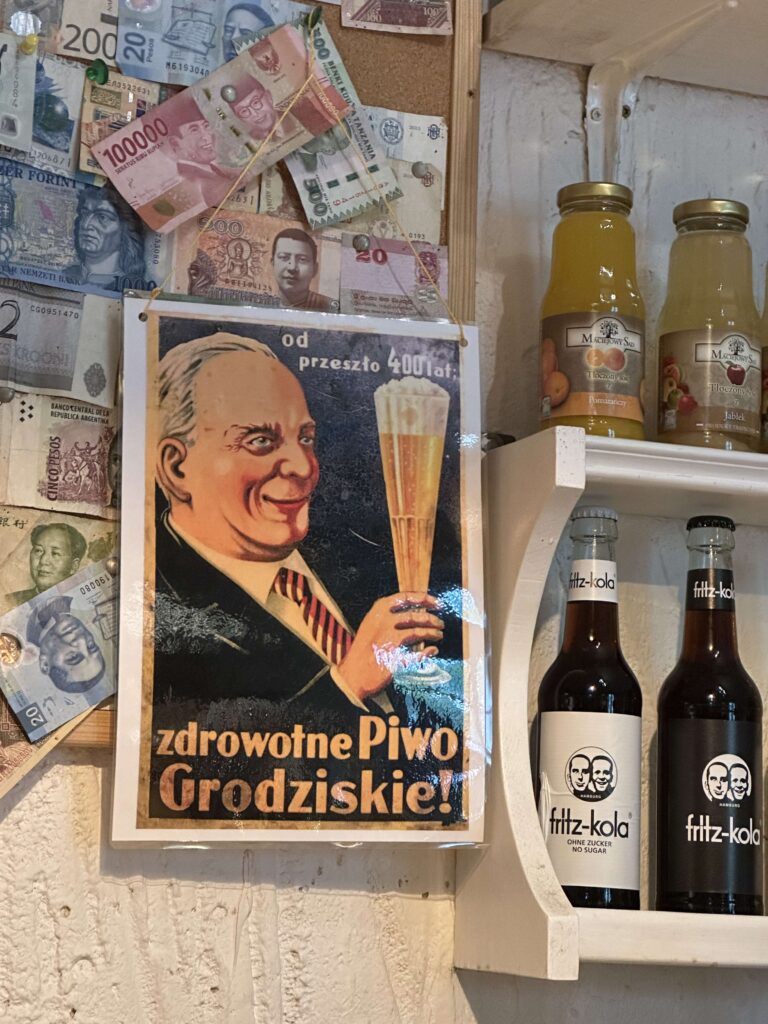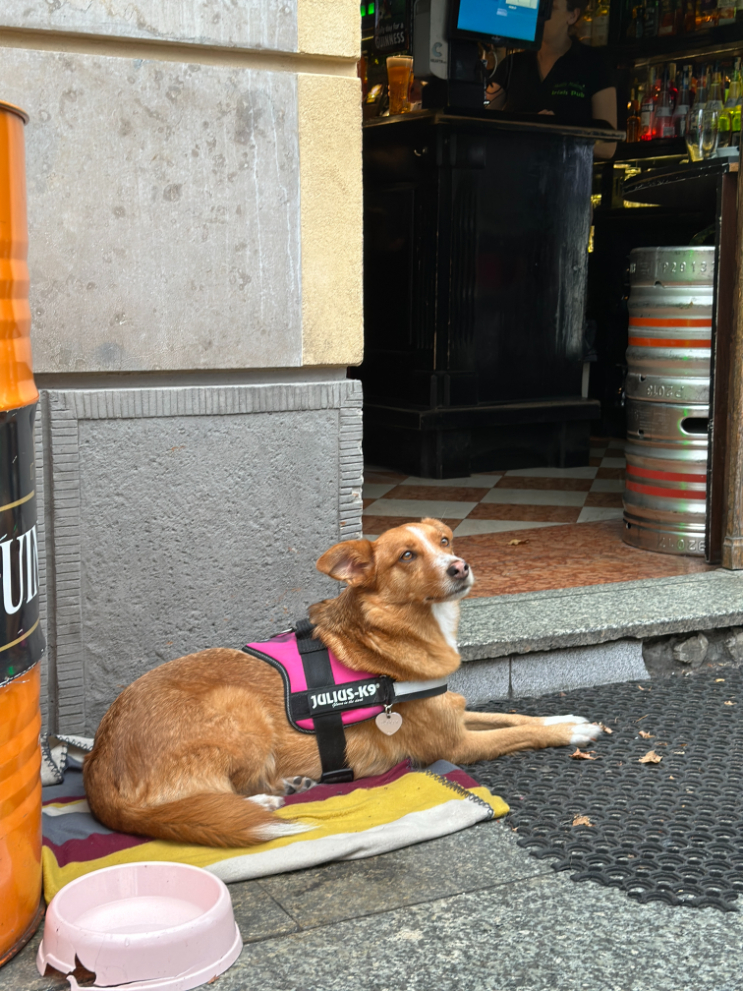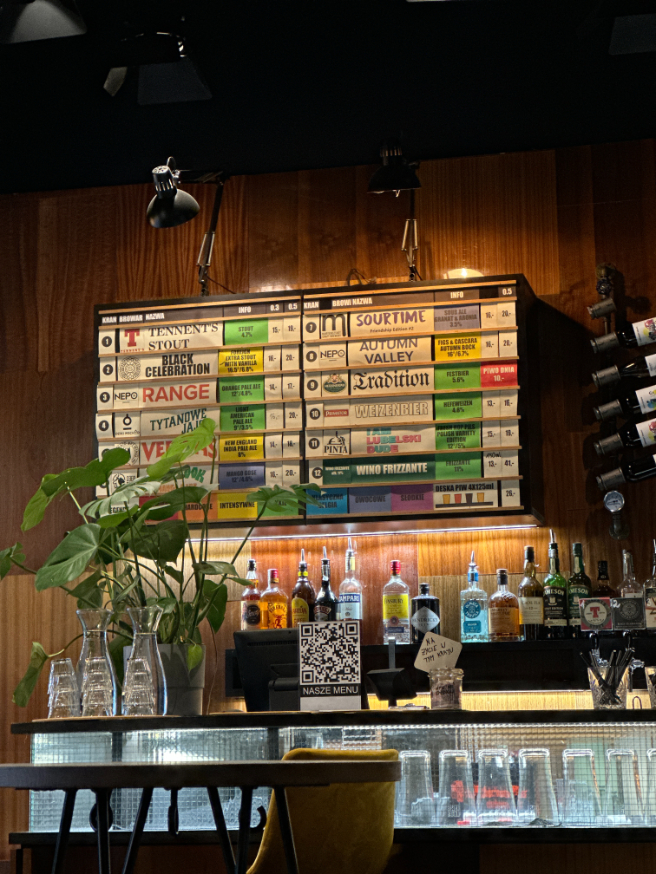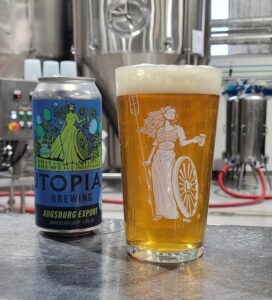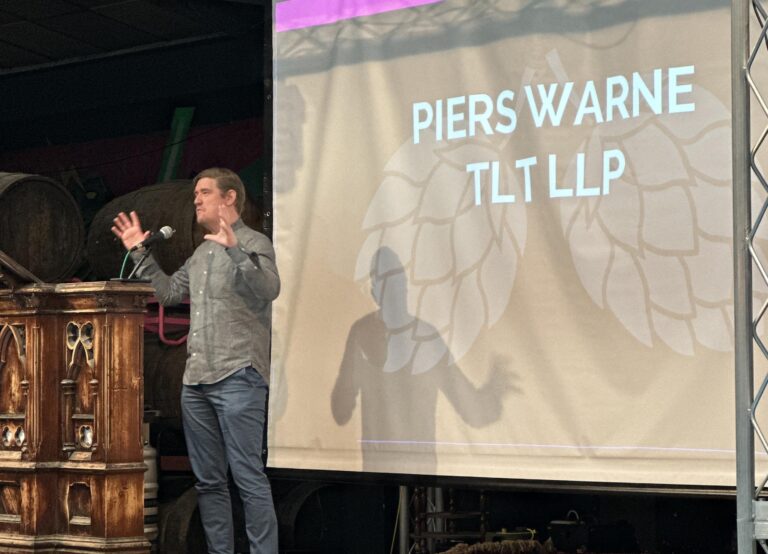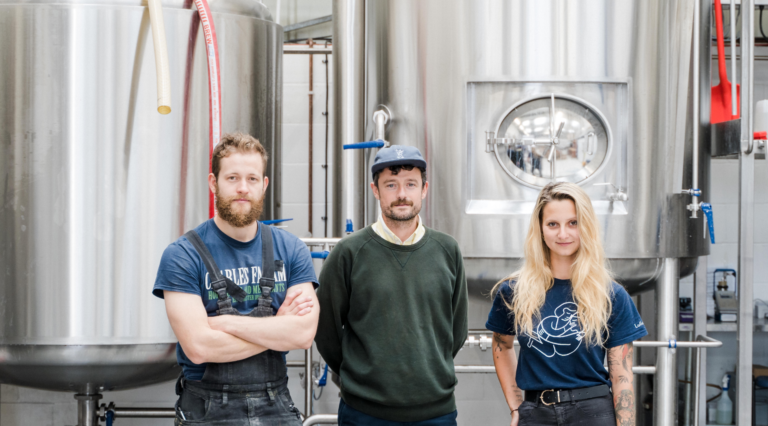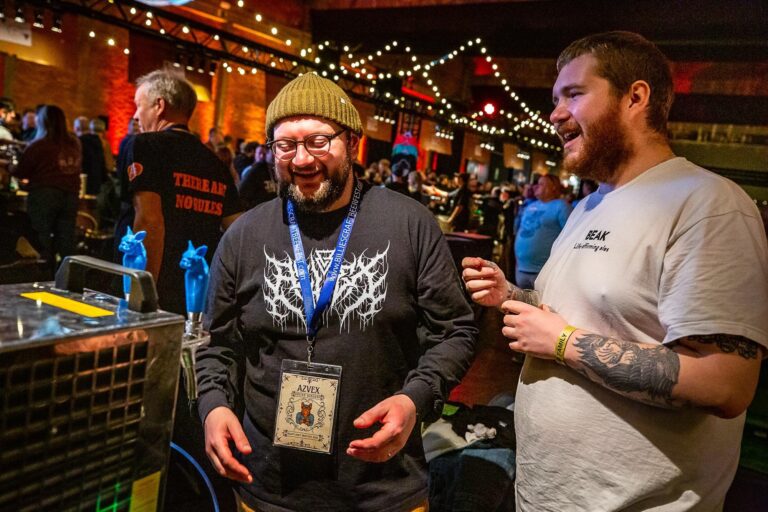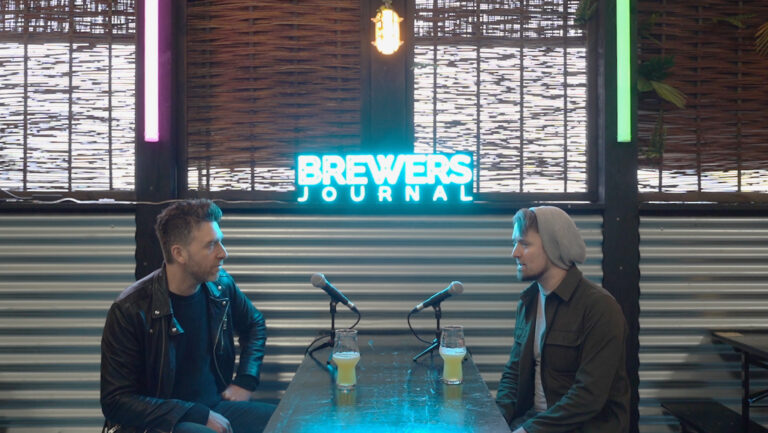At a time where great beer is on offer across much of Europe – Warsaw, and Poland more broadly – stands tall with a mix of exciting young brewers that also have an eye on tradition.
“I guess you could say that craft beer has helped make beer fun again. And I think we are playing our part in doing that.”
In two weeks time, tens of thousands will descend upon the Marshall Józef Piłsudski’s Municipal Stadium, the home of Legia Warsaw Football Club. But unlike upcoming games against Star Mielec and Raków Częstochowa, it’s not football the fans are in town for.
No, it’s a passion of a different kind.
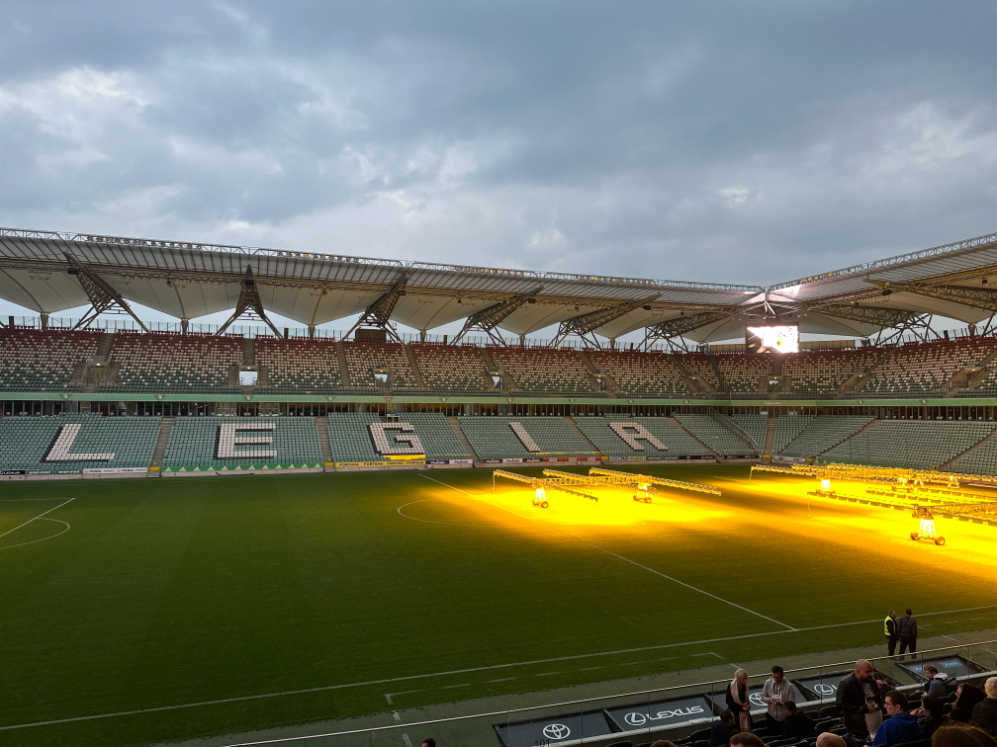
On the 23rd – 25th March, the ninth iteration of the Warsaw Beer Festival takes place. And with it, there are some 1200 beers on offer and much more, besides. The bi-annual event, co-founded by Paweł Leszczyński, showcases the best beers from he city of Warsaw, the country of Poland and beyond.
And as the event nears its 10th anniversary, this latest festival comes at a time where Warsaw has recently been crowned the ‘European Best Destination 2023’, winning the accolade over some 21 other European cities.
But before focusing on the present, let’s first take a step back. The brewing industry in Poland has a long and rich history and today, it is one of the largest beer producers in Europe and has a vibrant brewing culture with a variety of breweries and beer styles.
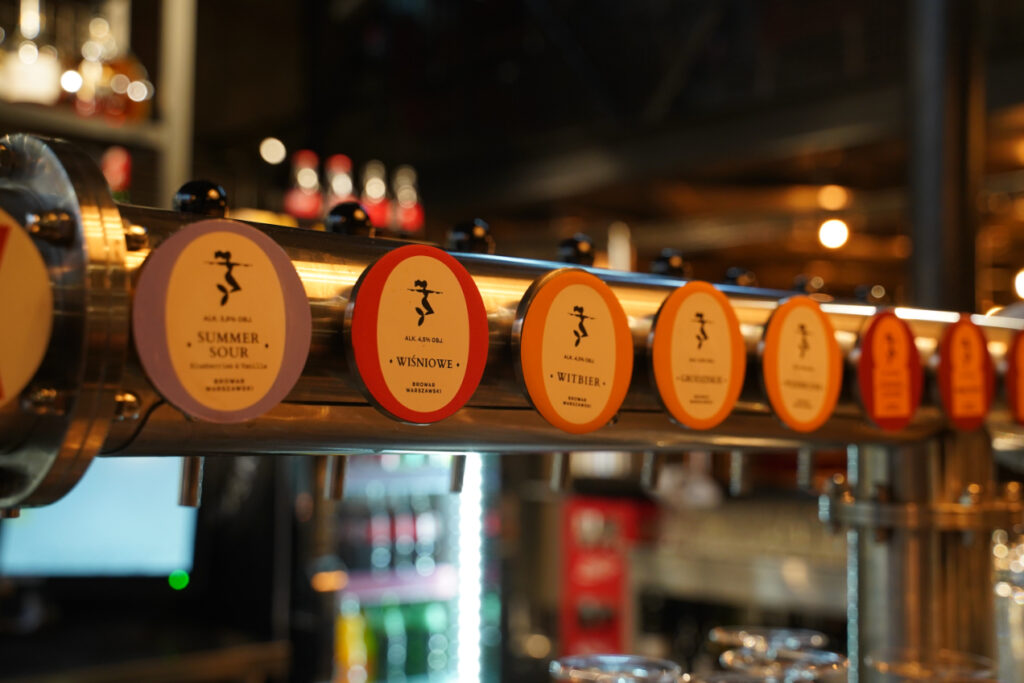
The two largest breweries in Poland are Kompania Piwowarska and Grupa Żywiec, which together account for over half of the country’s beer production. These companies produce well-known brands such as Tyskie, Żywiec, Lech, and Warka, which are widely available both domestically and internationally.
However, the Polish beer market has also seen a growth in the number of small, independent breweries in recent years. These craft breweries produce a variety of innovative and unique beer styles, often using local ingredients and traditional brewing techniques.
But Polish beer styles are diverse and reflect the country’s brewing traditions and cultural influences. One such beer is Grodziskie, a traditional beer style that originated in the town of Grodzisk Wielkopolski in Poland. It is a smoked wheat beer that is characterized by its light body, refreshing acidity, and distinctive smoky flavour.
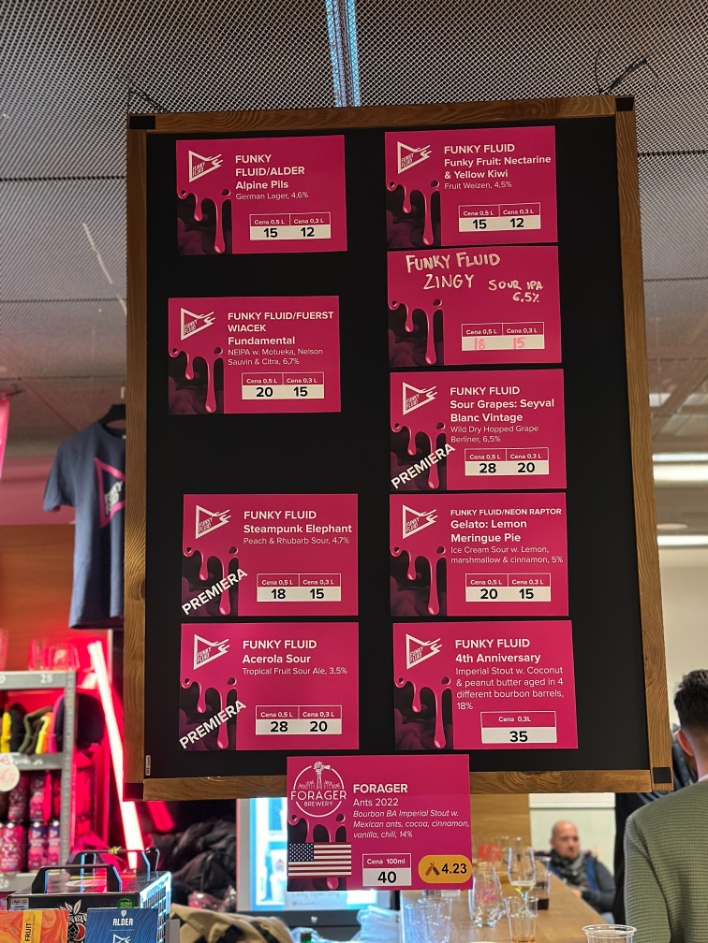
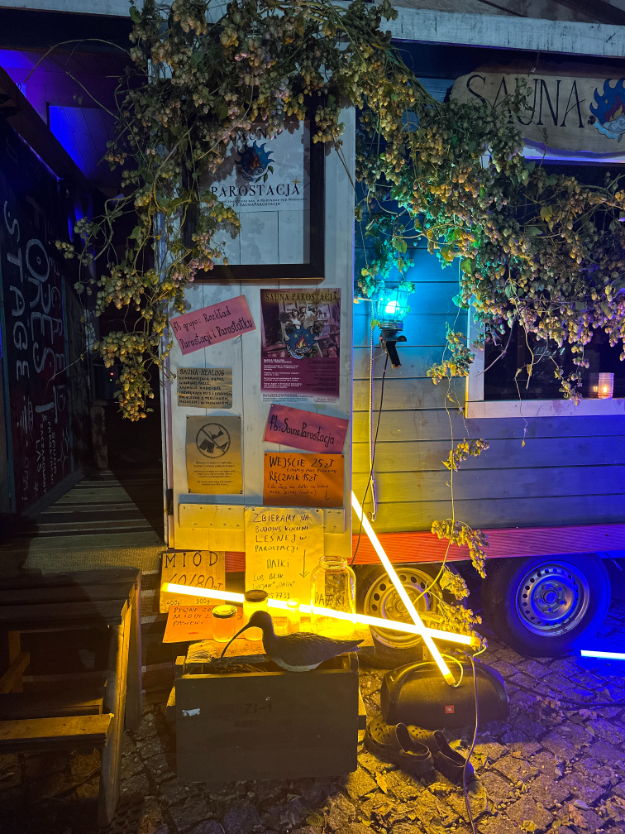
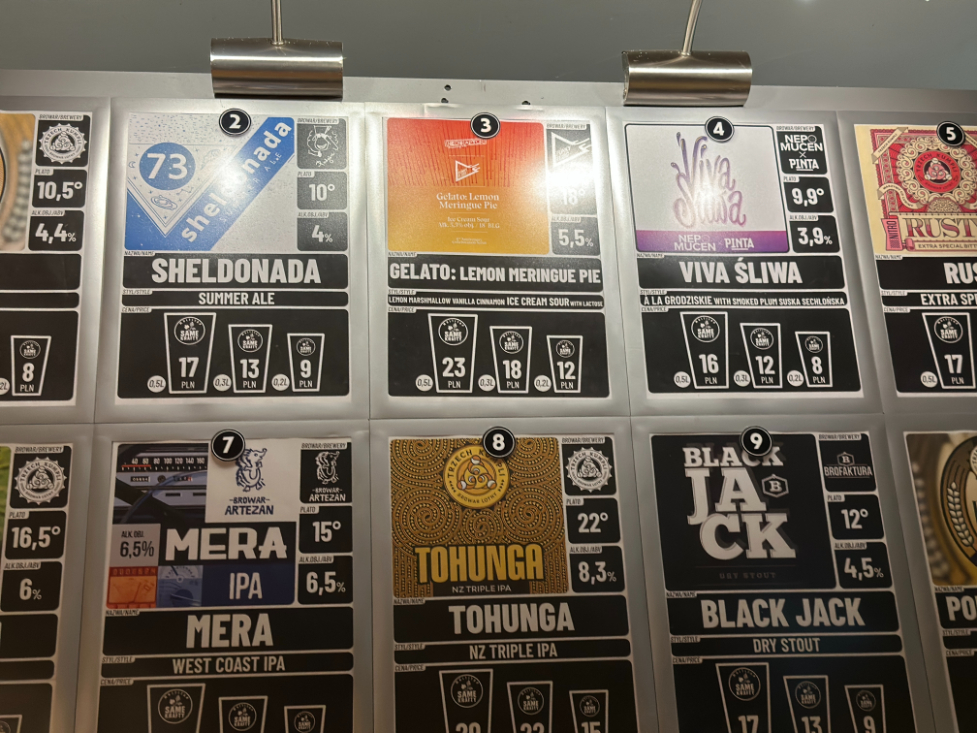
Grodziskie is brewed with a high proportion of smoked wheat malt, which gives it its characteristic smoky aroma and flavour. The beer is usually light in colour, ranging from pale yellow to straw, and has a low to moderate alcohol content. The smoke character can vary depending on the level of smoking of the wheat malt, but it is always present to some degree.
Pop into one of Warsaw’s many revered beer establishments and you’ll hopefully be able to enjoy a Grodziskie in some shape or form. But this style is now just a small part of the beer and brewing fabric that exists in the city, and beyond.
Beer is widely enjoyed beverage in Poland. And in the last two decades, the volume of beer produced increased by more than 60 percent. The flourishing market provides employment to thousands and also supplies the government with billions of euros in beer excise duty annually.
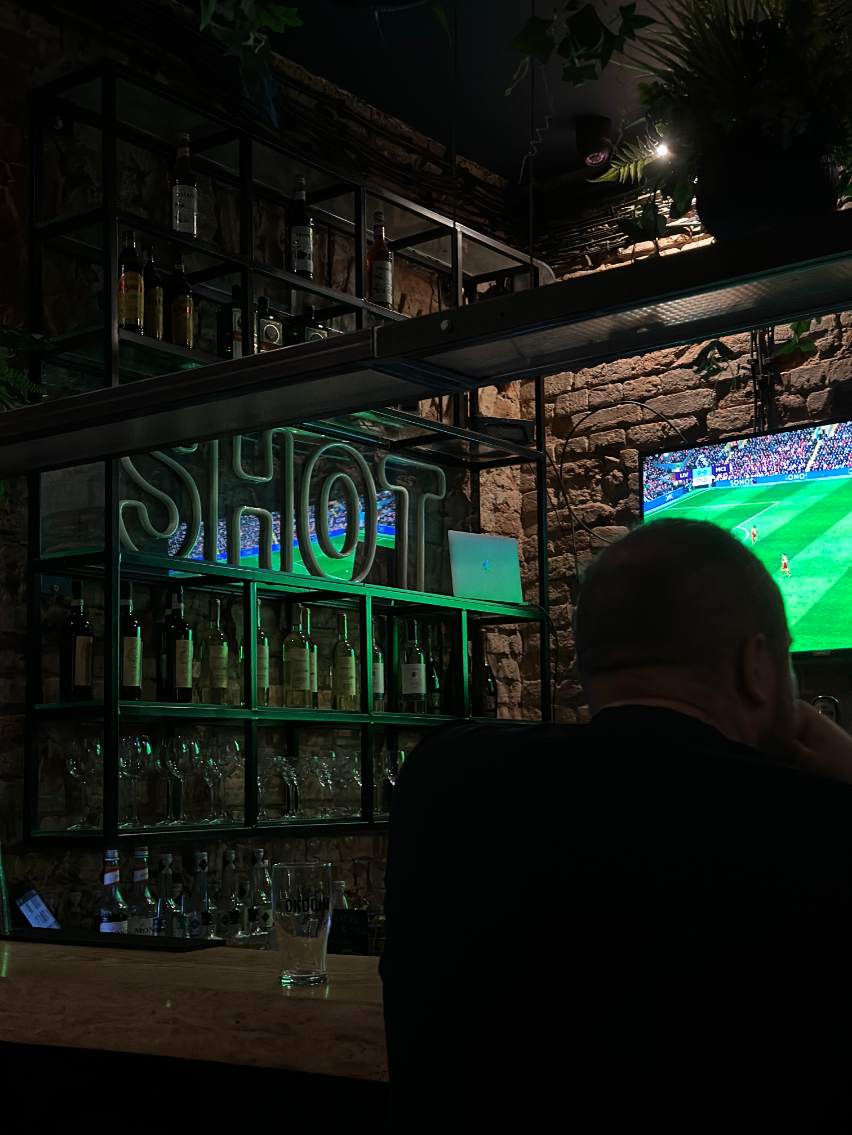
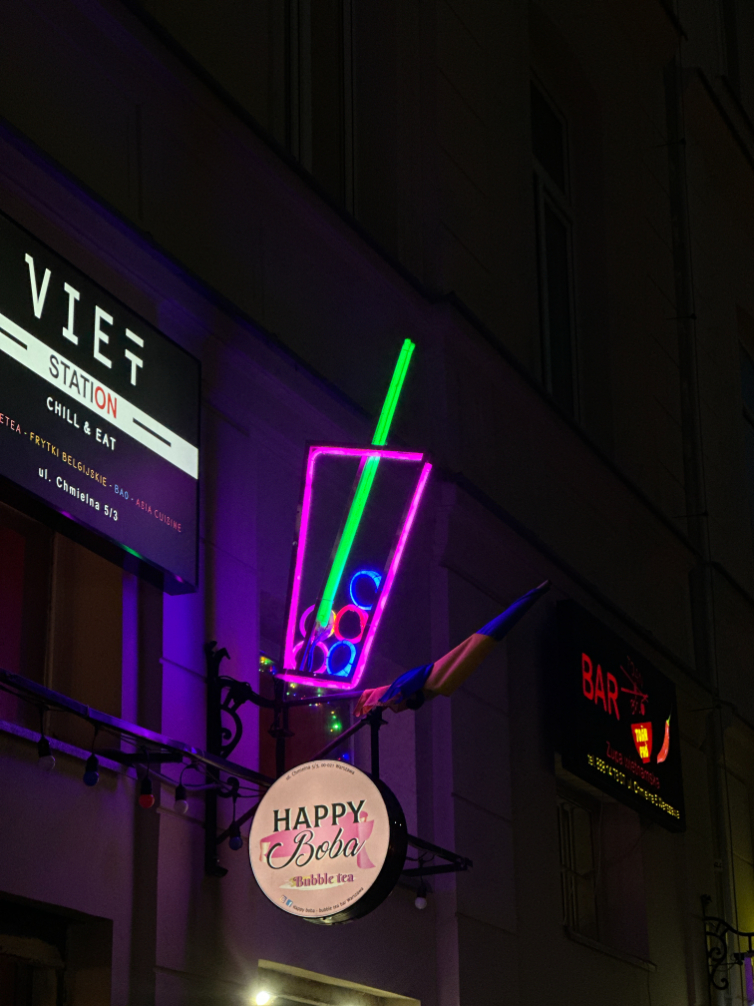
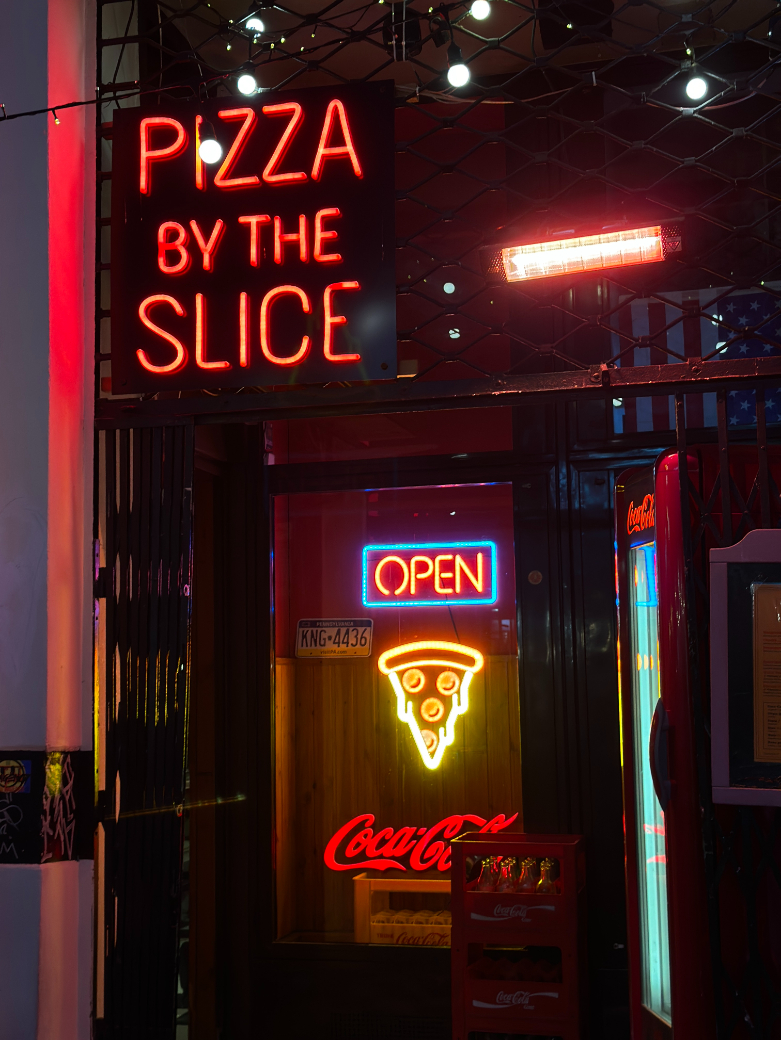
According to research from Statista, 2022 saw the excise rate on beer in Poland amount to 9.43 zloty, an increase of 10 percent compared to the previous year. The excise duty on beer is forecast to reach over 12 zloty per one hectoliter for each Plato point in 2027. In the last two decades the average beer consumption per capita almost doubled and amounted to 5.1 liters in 2020.
The report added that in terms of regional consumption, the Mazowieckie (Masovian) and the Śląskie (Silesian) voivodeships gathered the biggest population of beer devotees. In 2020, the two regions had the highest sold value of beer in Poland, both accounting for 2.24 billion zloty.
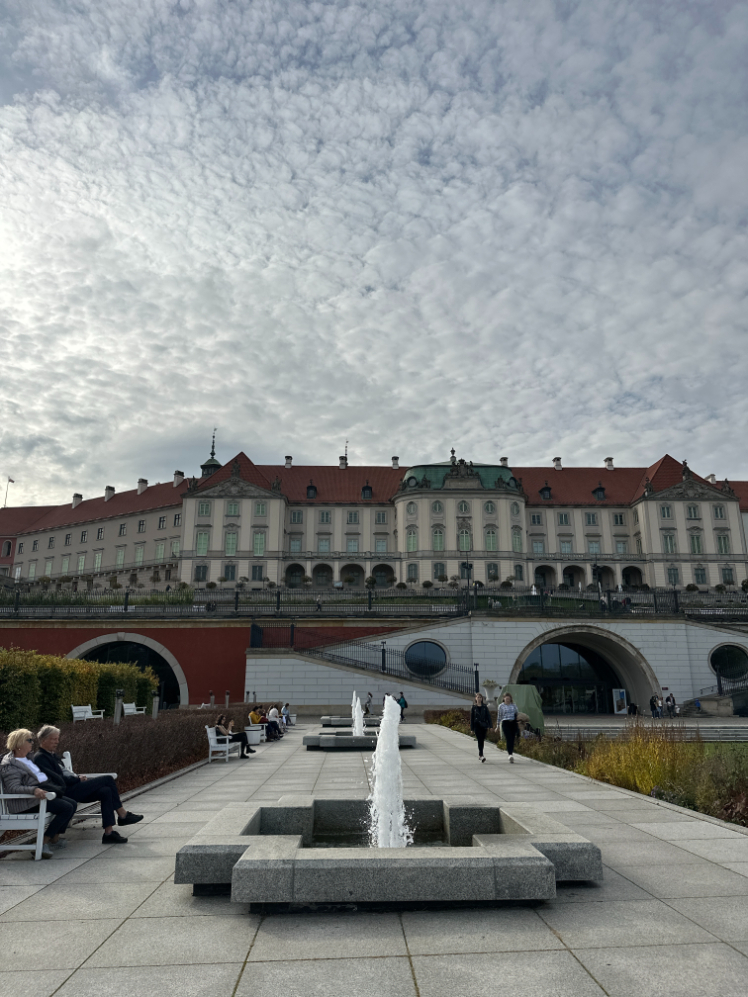

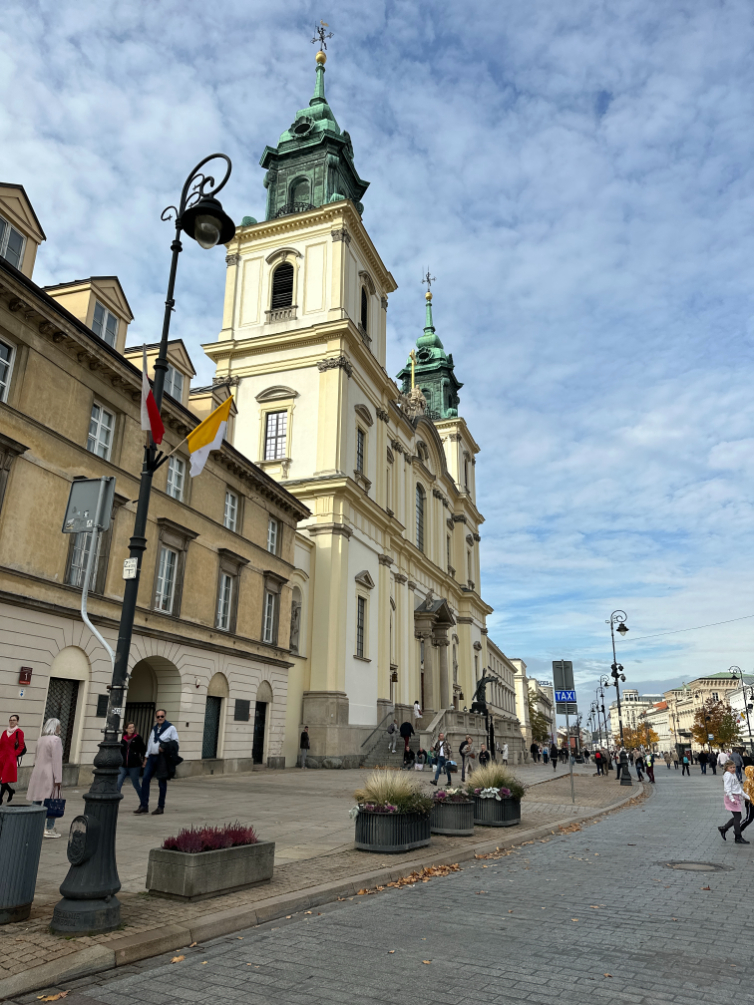
And moving to the present, there are more than 400 breweries in operation across the country. A figure that’s potentially closer to 450. Annually, these businesses are producing some 2500 different brews. Many of which will be on offer at the upcoming Warsaw Beer Festival.
Initially held in 2014, the festival was the first event of its kind in Poland. It continues to bring together modern Polish craft beer tastes and the hottest trends. Modern brewers in Poland are passionate, uncompromising and eager to challenge bland traditions to create striking, modern beers. And the Warsaw Beer Festival is the place to experience the best of the best.
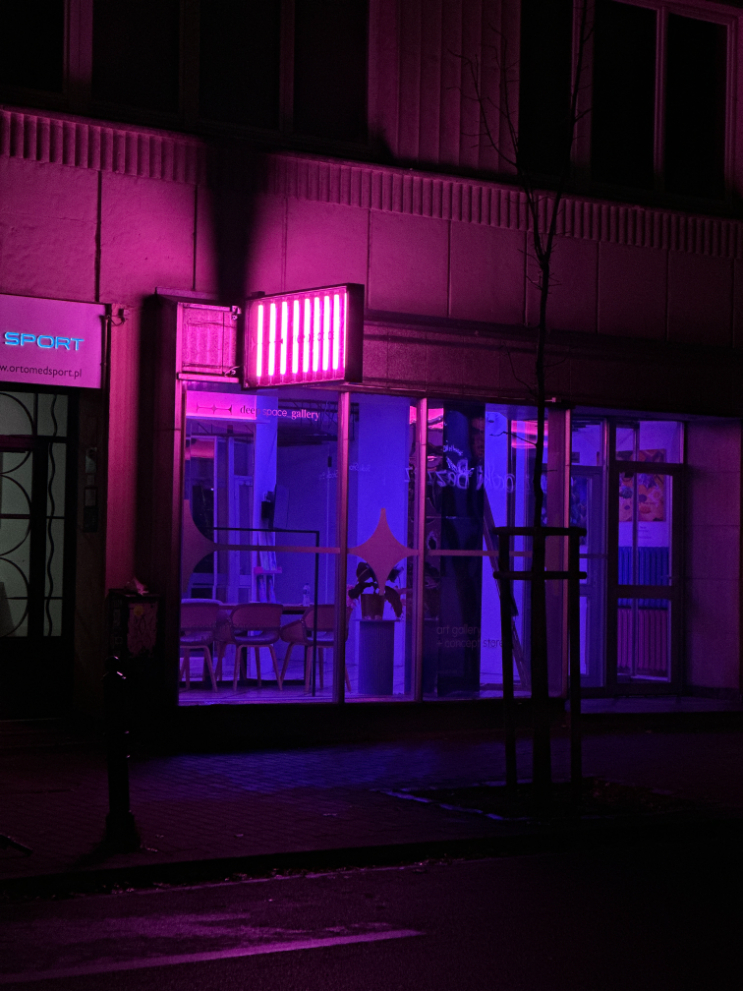
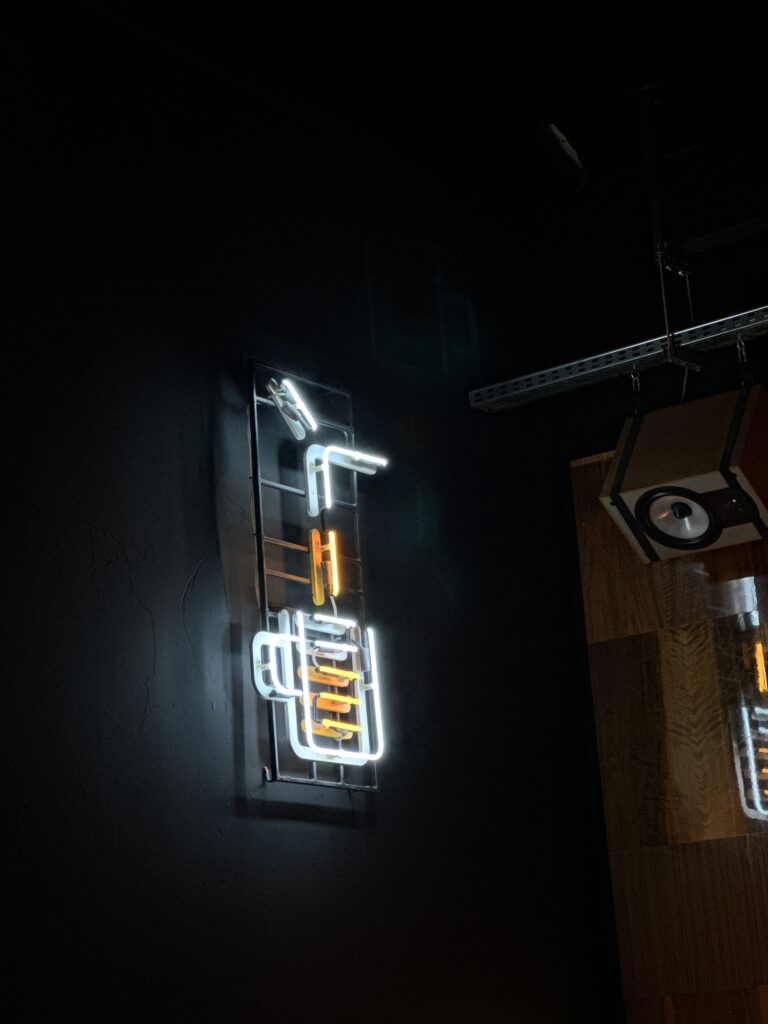
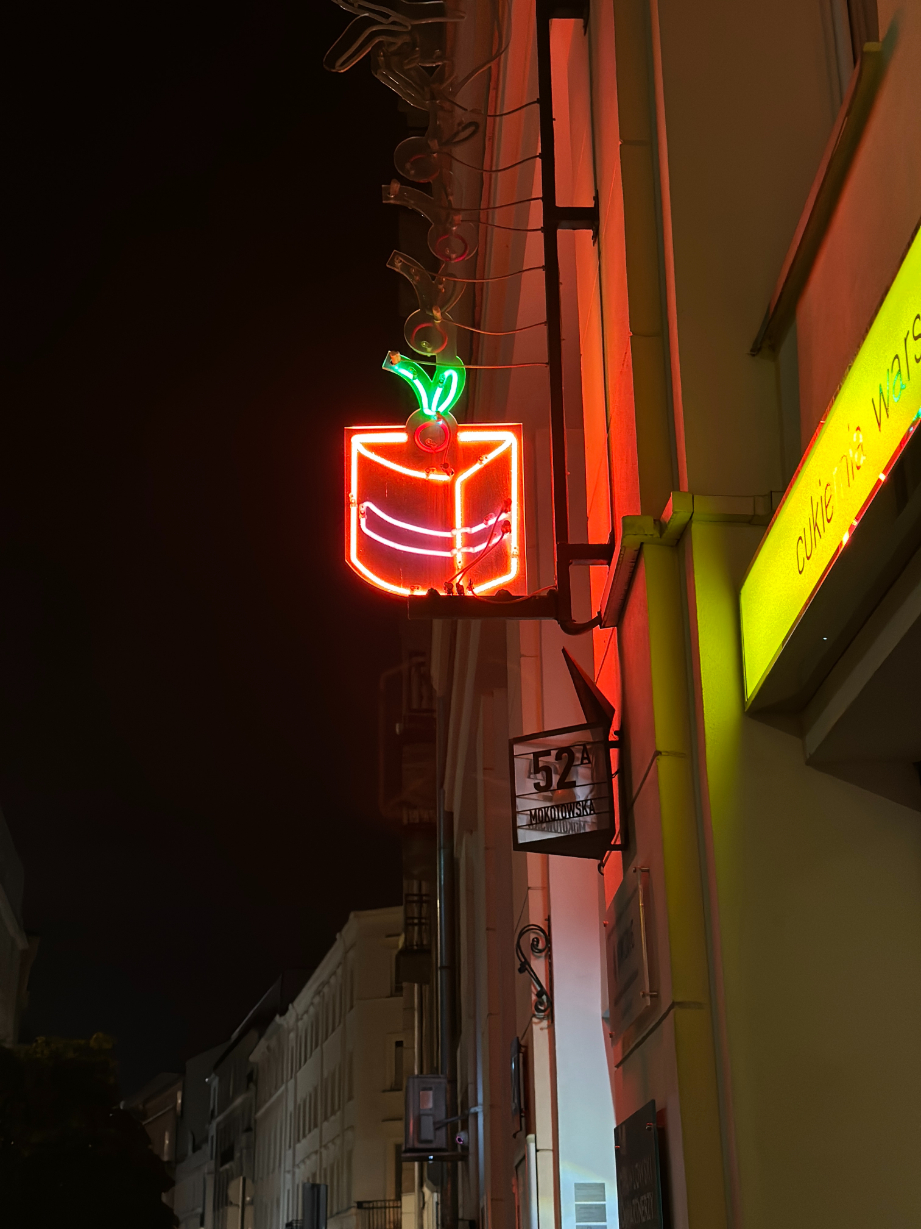
“When we started this festival, Poland was something of a desert for good beer,” smiles Leszczyński. “If you wanted something modern, new, exciting that meant you had to go abroad and that wasn’t necessarily easy.”
He adds: “So when we first launched, we showcased lots of new breweries and lots of new beers. Let’s say there were some drinkable beers but some less so. But now, this year alone we have 1,200 beers on offer and I would say it is really hard to find one with flaws.
“The number of breweries has skyrocketed but, importantly, so has the quality. The breweries, on the most part in Poland truly care about the beer they are producing. They know you need quality ingredients, quality processes and a really good distribution model to succeed.”

Leszczyński is proud of the role that his festival has played in helping the craft beer sector grow in Warsaw and Poland more widely.
“In the bigger cities, right now, everyone knows what craft beer is. Even if that is primarily only means that they know what an IPA is. It’s a start. These beers can sit alongside styles we have made well for a long time, such as Grodziskie and Baltic Porters. I truly believe that Baltic Porters in Poland are the best in the world,” he explains.
At the upcoming festival, and in the many bars in and around Warsaw, these beers are pouring in addition to a real wealth of other styles too. A Triple Fruited Gose? No problem. A Cherry Wild Ale? Easy. Bourbon Barrel-Aged Banana Stout? Of course…
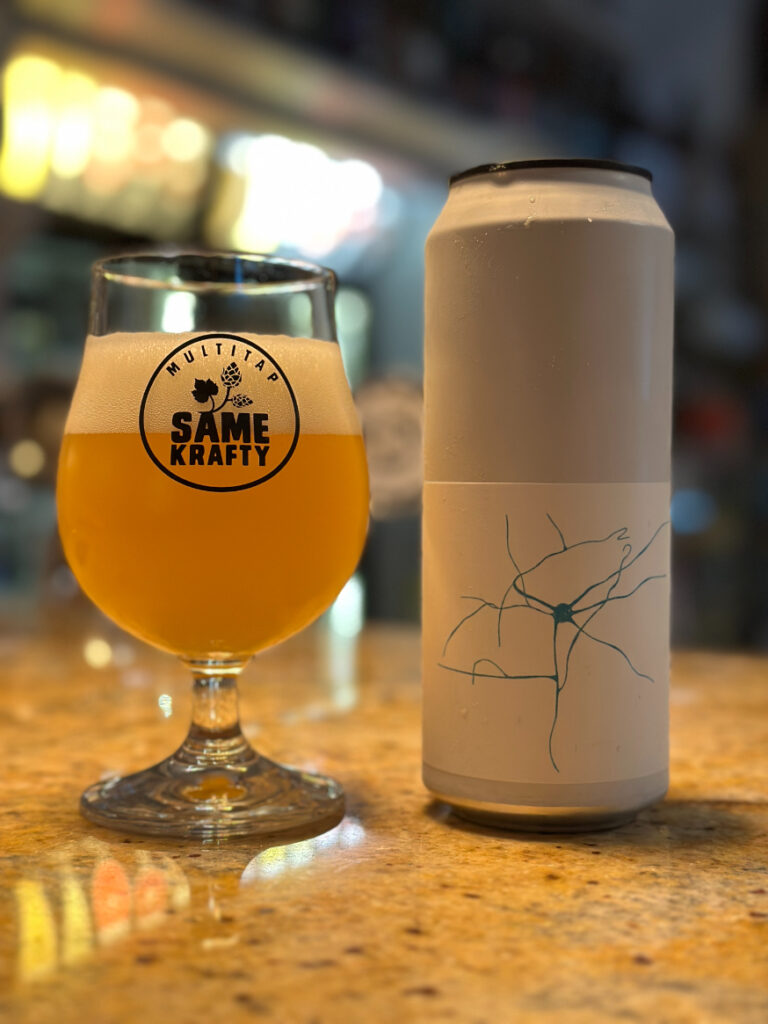
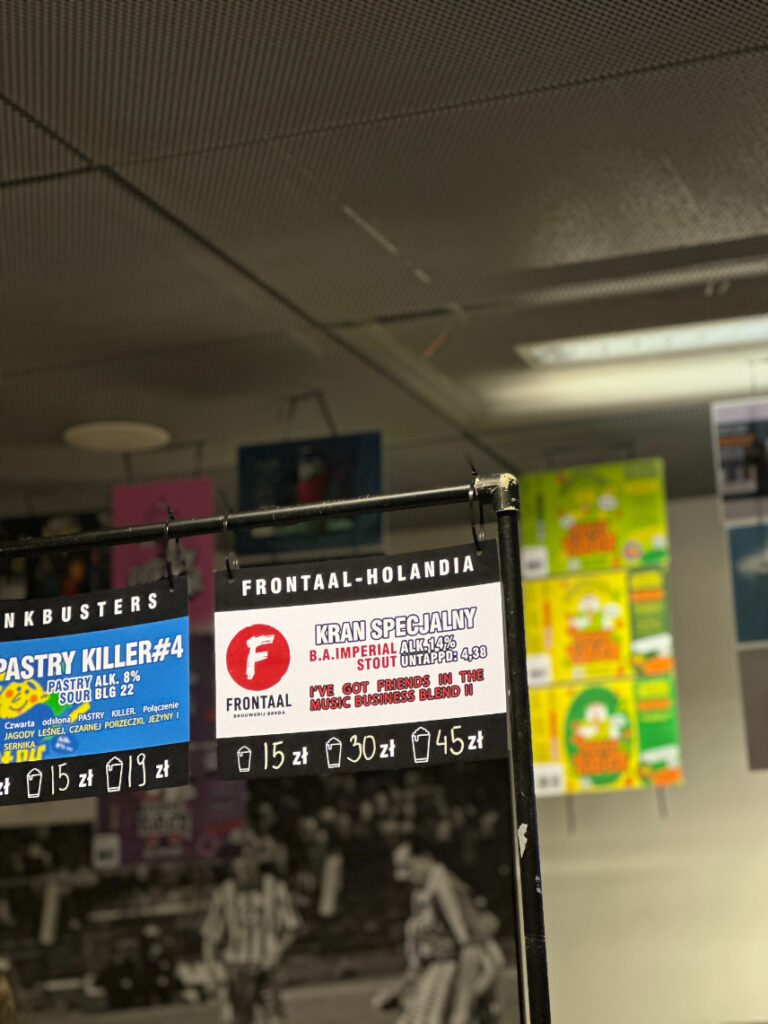
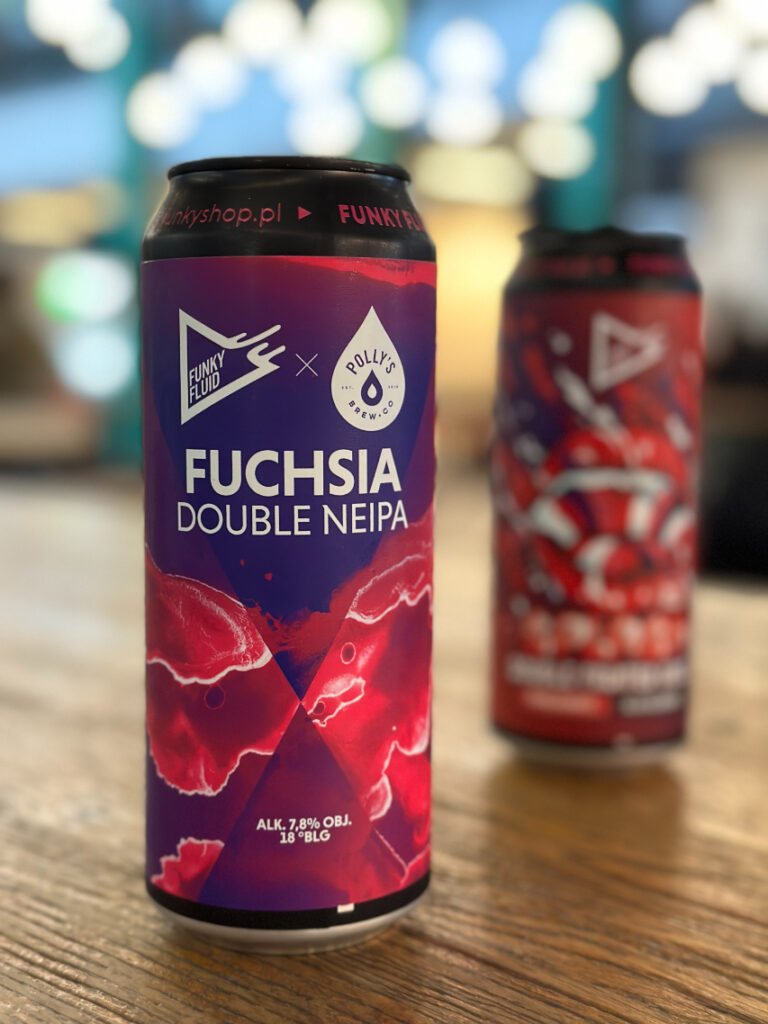
And Leszczyński believes part of the the success of the craft beer “movement” is that there is something for everyone.
“Craft breweries have made beer fun again,” he says. “They’ve shown that beer doesn’t have to be a boring liquid with no taste. The invention, innovation and passion is there for all to see. And the consumer is reacting to that.”
The Polish demographic enjoying these beers is represented at events such as the Warsaw Beer Festival. “There is a, sometimes lazy, preconception that craft beer drinkers are all white guys in their 30s. To that I say come to our event and you will see that the mix is much, much, more diverse,” he says. “It’s my mission to show that great beer is for everyone, not just a small, privileged crowd. And I think we are achieving that.”
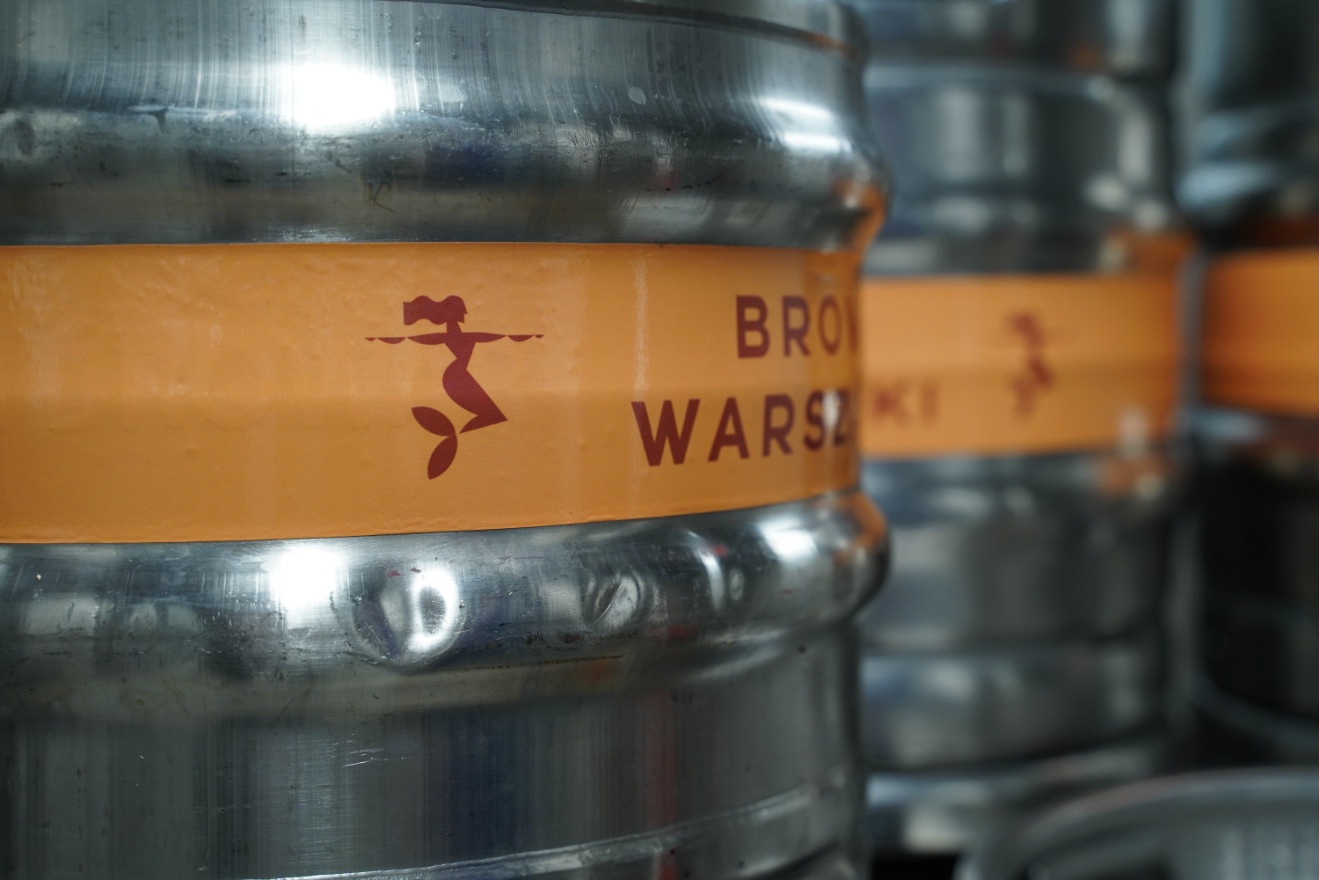
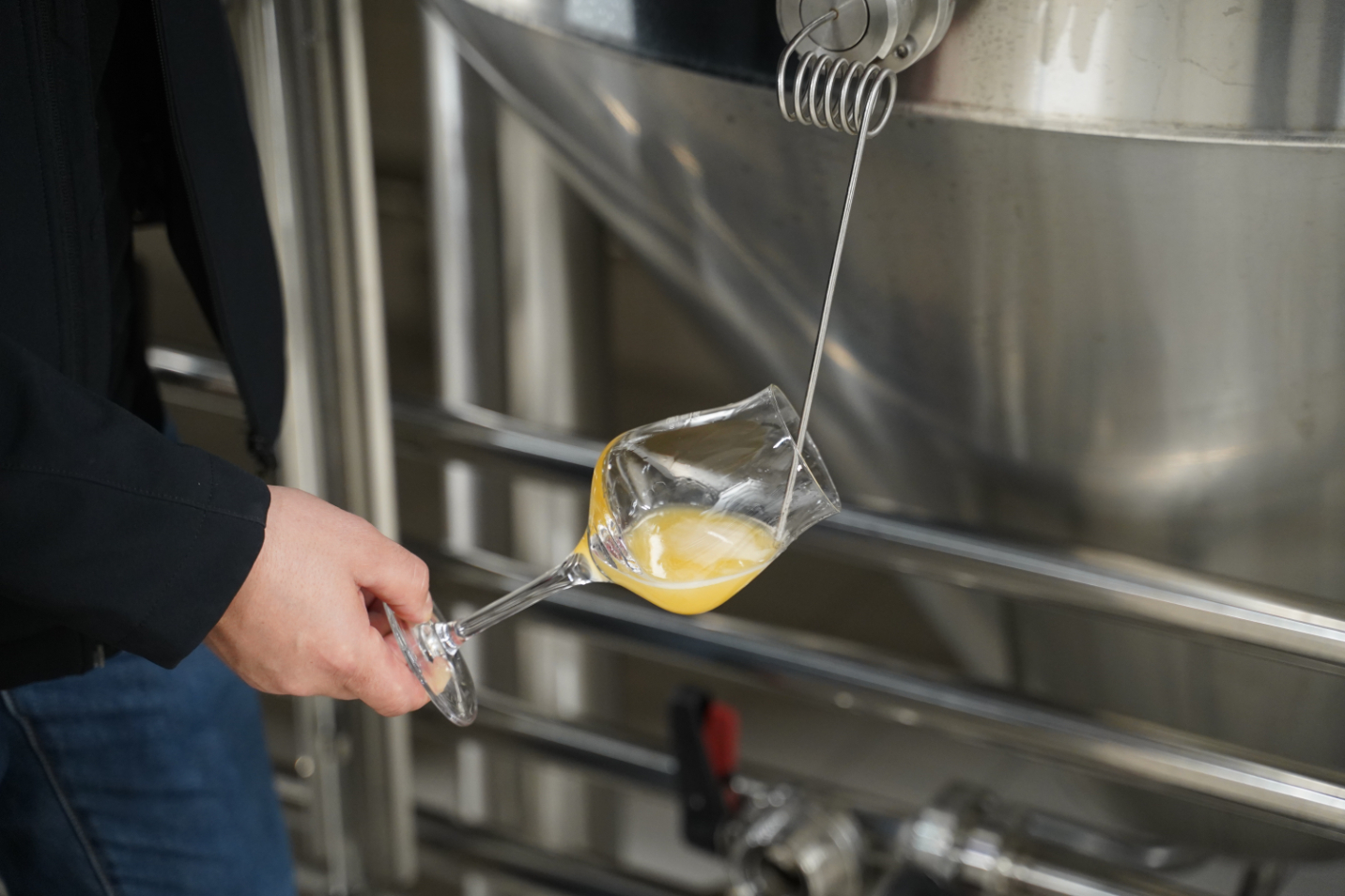
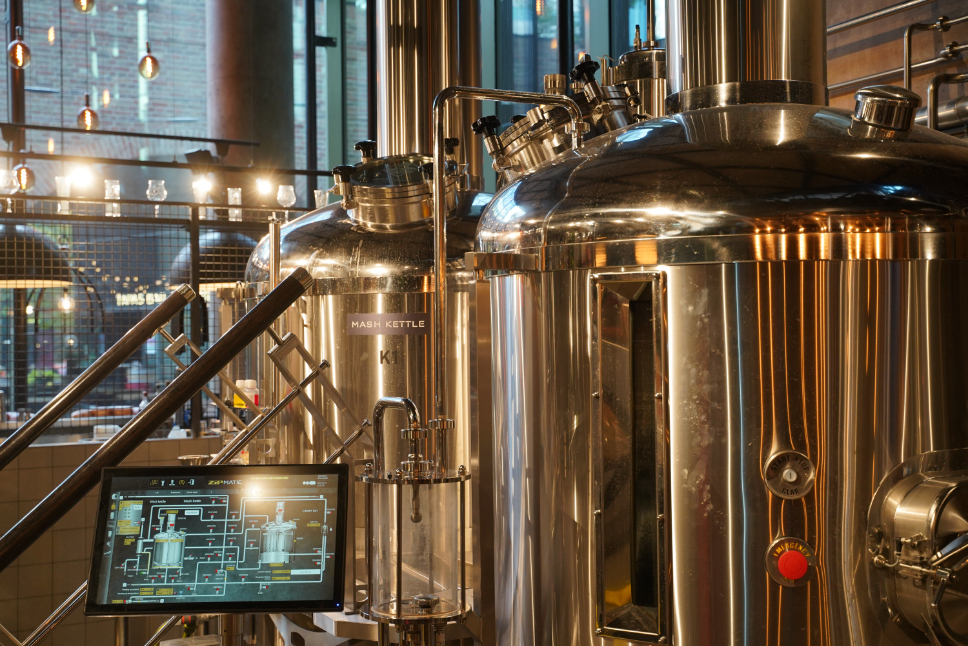
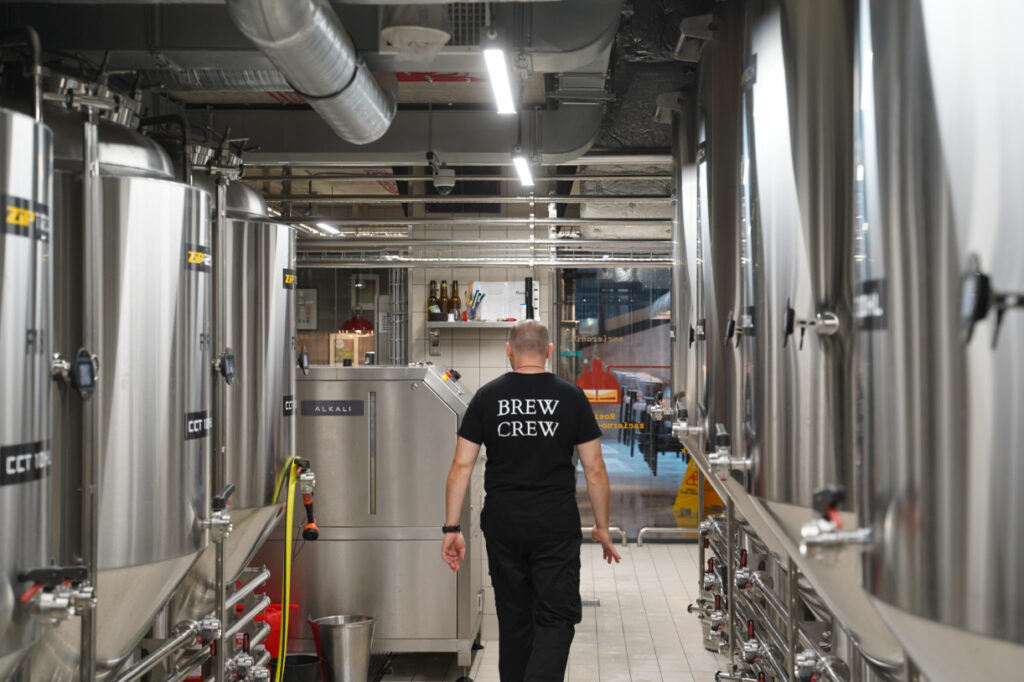
The Polish craft sector has grown and evolved in recent years and, like in other geographies, Leszczyński believes that this happened for a number of reasons.
“I really do believe that craft beer and the culture of craft beer happens in the opposition to something,” he says. “In the past, there was little tradition when it came to beer drinking. We mostly drank at home. But craft beer has made beer a social occasion, it has allowed people to experiment and do things their own way. And that is only a good thing.”
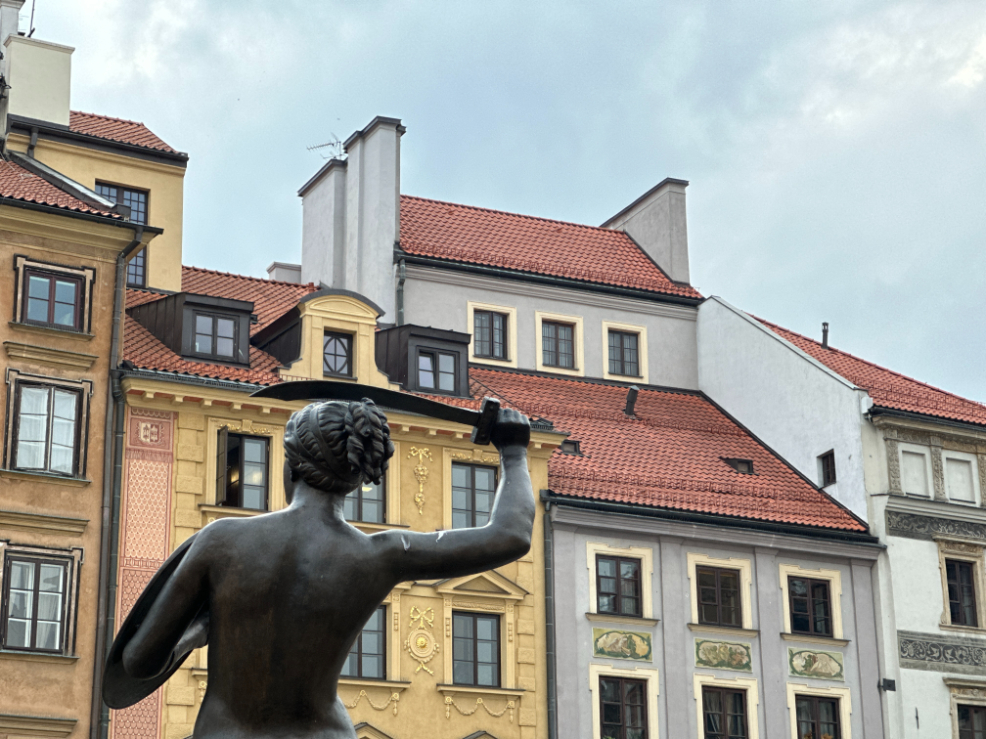
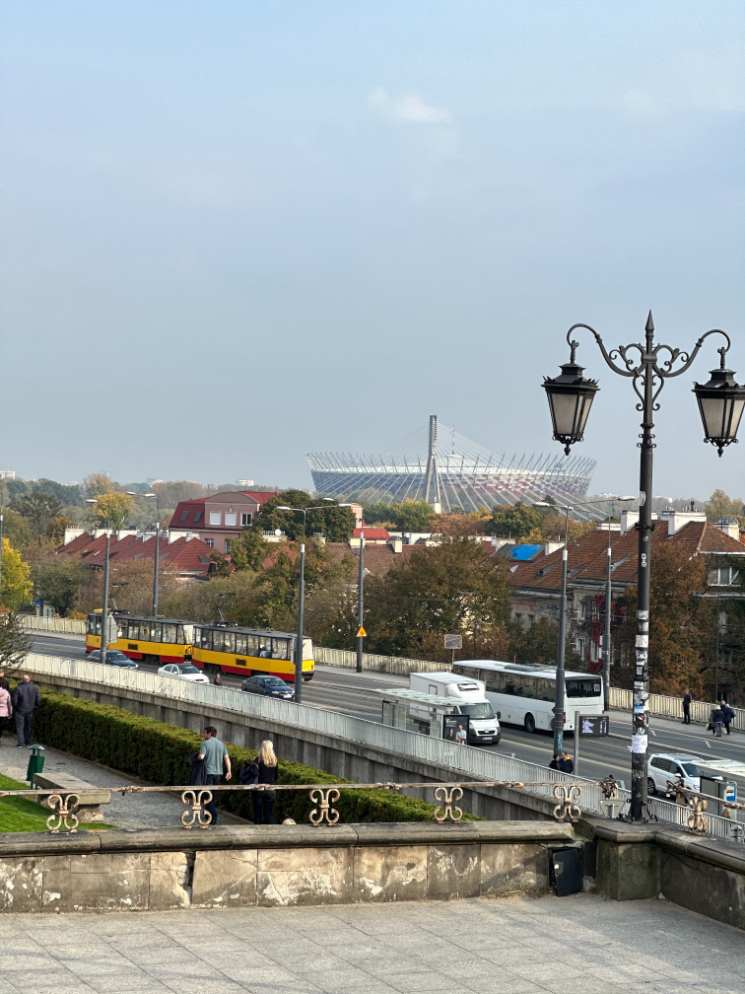
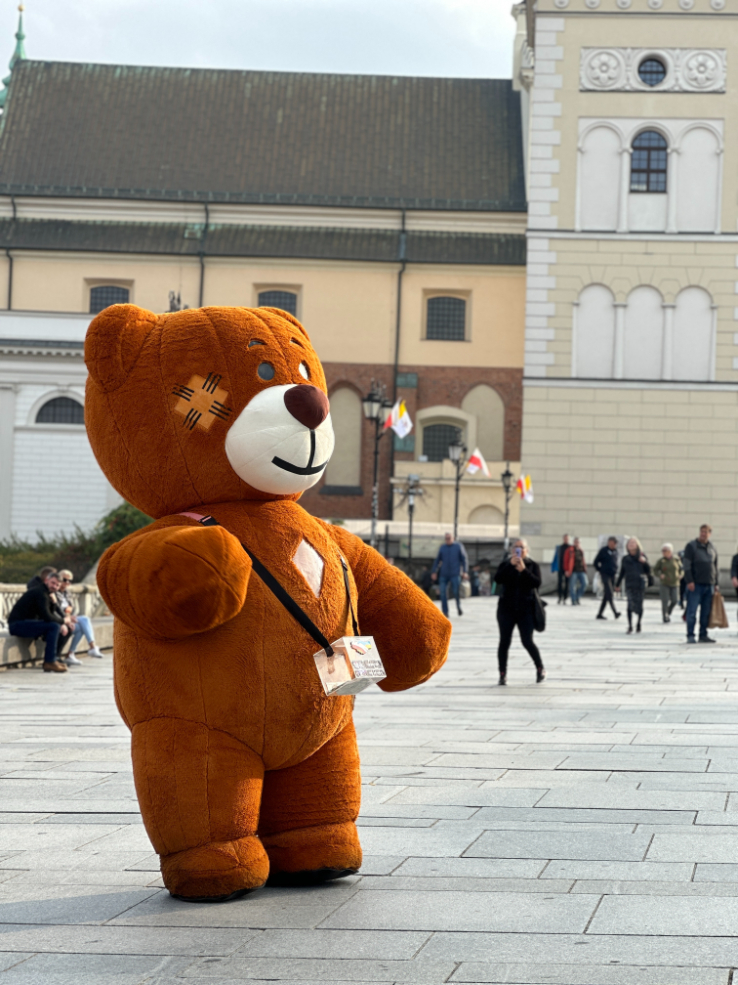
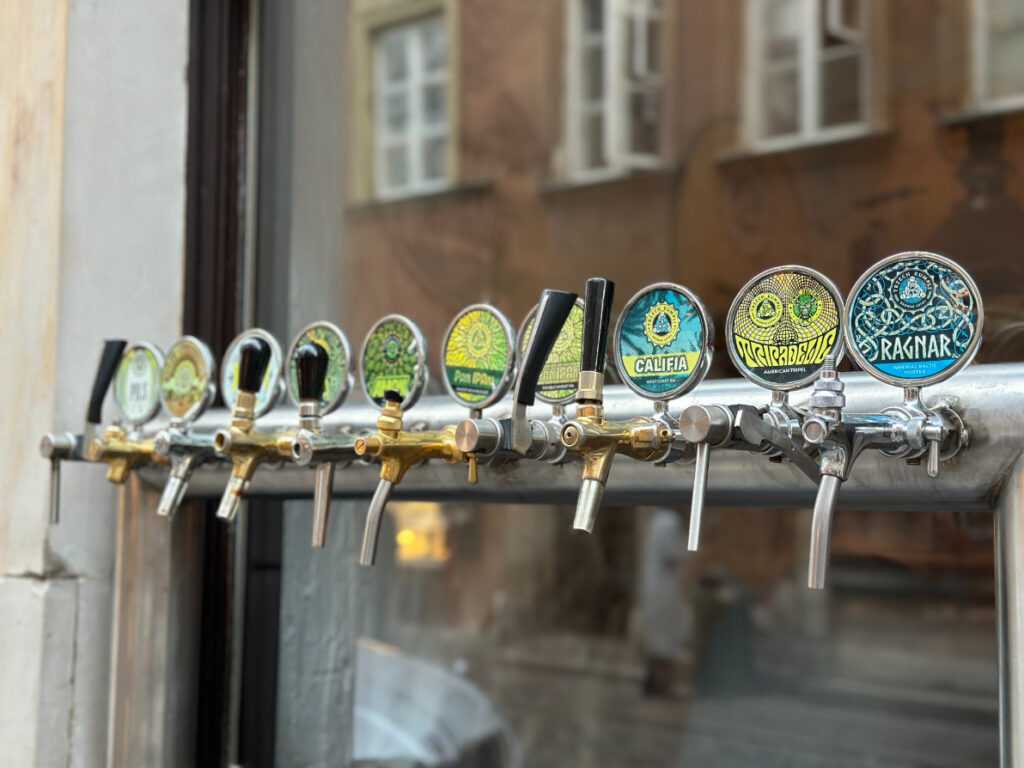
And in Warsaw, these beers can be found and enjoyed in a genuine mix of establishments. “We have the newest Old Town. Our Old Town is newer than the New Town, how often do you hear that!” he laughs. “But yes, there is a great mix, that’s for sure. You have the old, and you also have the new.”
Breweries both old, and new, pour their beers at the Warsaw Beer Festival. While one brewer exhibiting may produce only 200 litres per batch, another might export to countries across the globe. But for Leszczyński, they must share the same ethos if they want to play a part in the event.
“There is a common language in this world we call craft beer. And that is based on a love of creating a quality product that people can enjoy. It’s why we do what we do, and why we continue to do so. Seeing people produce great beer and enjoy great beer is what drives me. It gives me the energy to always strive for better, just like the industry we are part of here in Poland.”
